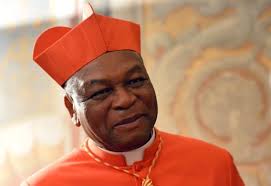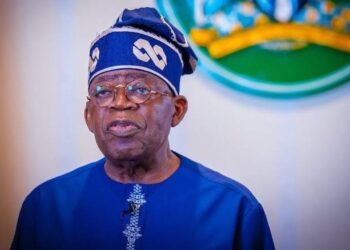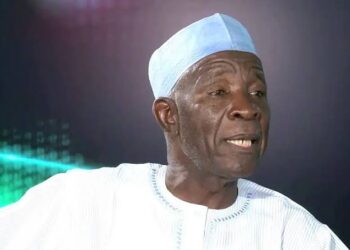The Nigerian Federal Government has announced its ambition to elevate the country into a $1 trillion economy by 2030, accompanied by the launch of a new financial inclusion policy. This initiative, unveiled by Vice President Kashim Shettima, aims to tackle poverty and stimulate sustainable economic growth from the grassroots level. Shettima emphasized that this policy underscores President Bola Ahmed Tinubu’s administration’s commitment to enhancing financial and economic inclusivity across Nigeria.
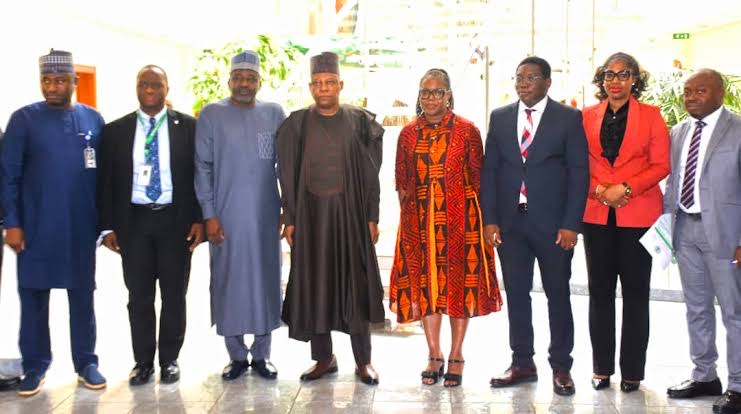
The unveiling event marked the introduction of the Aso Accord on Economic and Financial Inclusion on April 25, 2024. This comprehensive blueprint aims to ensure universal access to financial services and is a pivotal component of the administration’s Renewed Hope Agenda. This agenda seeks to not only transform Nigeria into a $1 trillion economy by 2030 but also to combat poverty and insecurity through broad-based prosperity.
During the launch meeting, Vice President Shettima highlighted the initiative’s goals of providing capital access and eradicating poverty through legislative interventions and crucial policies. He emphasized President Tinubu’s consistent prioritization of inclusive economic growth and development in all strategic endeavors.
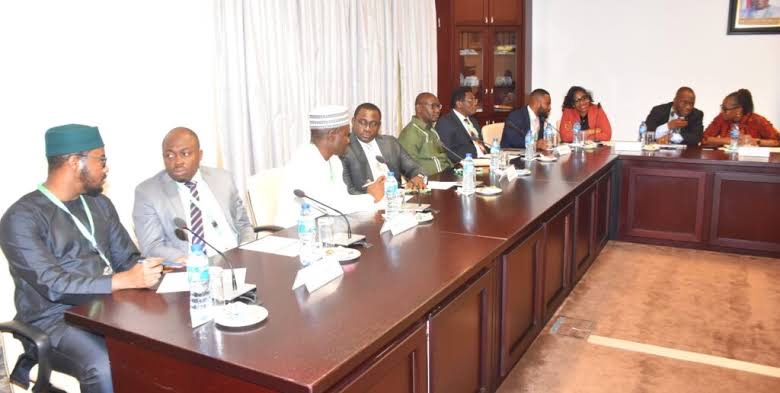
In addressing the implementation team and stakeholders, Shettima acknowledged recent positive outcomes of these efforts, such as Nigeria’s credit outlook upgrade by Fitch Ratings, attributed to ongoing reforms under President Tinubu’s leadership. He stressed the importance of mitigating short-term impacts through initiatives like the Student Loan Act and agricultural reforms aimed at food security.
Recognizing the strategic and sustainable nature of inclusive growth, economic and financial inclusion has been elevated to the agenda of the National Economic Council (NEC). This platform ensures participation from all governors of the 36 states and the FCT minister, alongside other stakeholders, in critical policy deliberations.
Vice President Shettima urged the implementation team to approach their responsibilities with dedication, recognizing the national significance of their role. He called for collective efforts to forge a robust operating model that fosters economic and financial inclusion nationwide, providing every Nigerian with opportunities for advancement.
Dr. Nurudeen Abubakar Zauro, Technical Advisor to the President on Financial Inclusion, reported substantial progress in implementing the Aso Accord, supported by funding from the Bill & Melinda Gates Foundation through the Lagos Business School. He highlighted ongoing efforts to establish operational frameworks aligned with the Renewed Hope Agenda, in collaboration with Augmentum Advisory, Banwo & Ighodalo, and Ndarani (SAN) & CO.
At the Lagos Business School, Prof. Olayinka David-West commended the Tinubu administration for prioritizing economic and financial inclusion through the Aso Accord. She emphasized efforts to strengthen the legal framework and national coordination necessary for successful policy implementation, aiming to galvanize widespread support and ownership across Nigeria.



